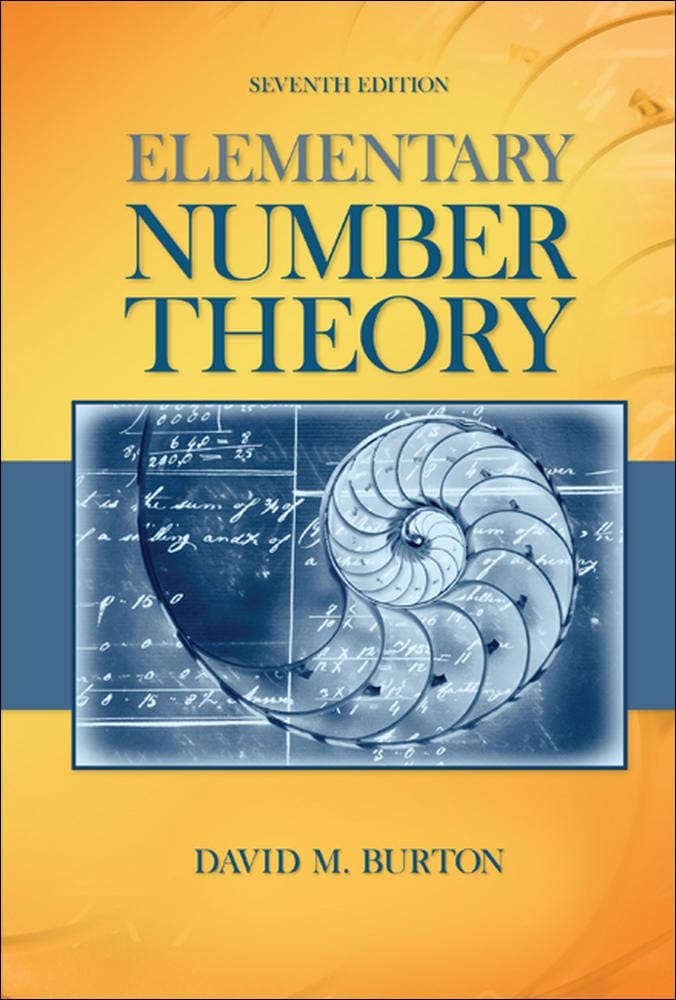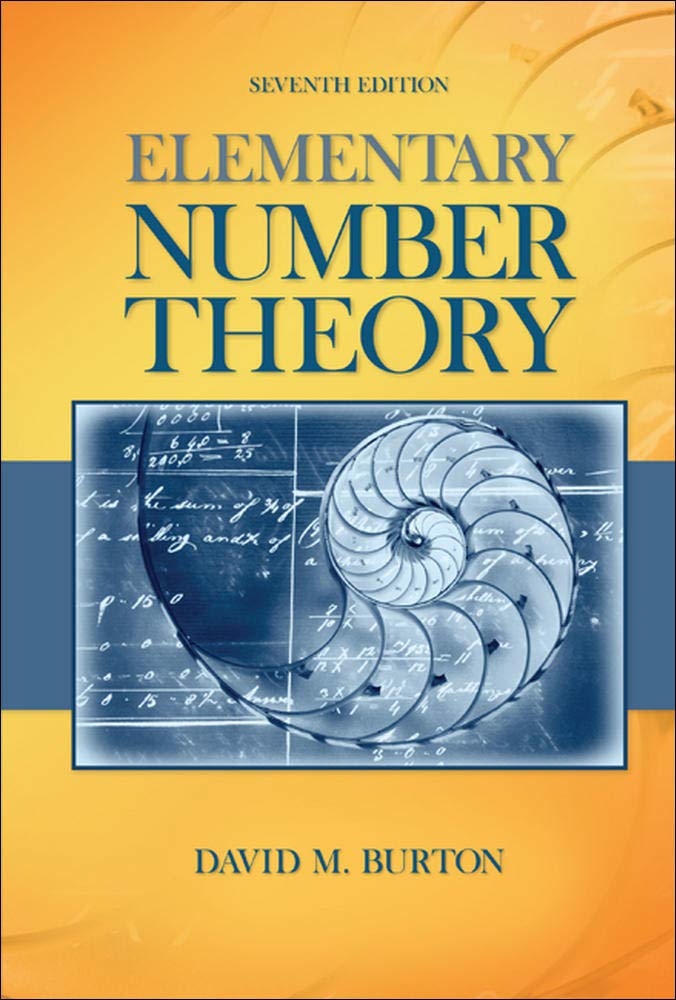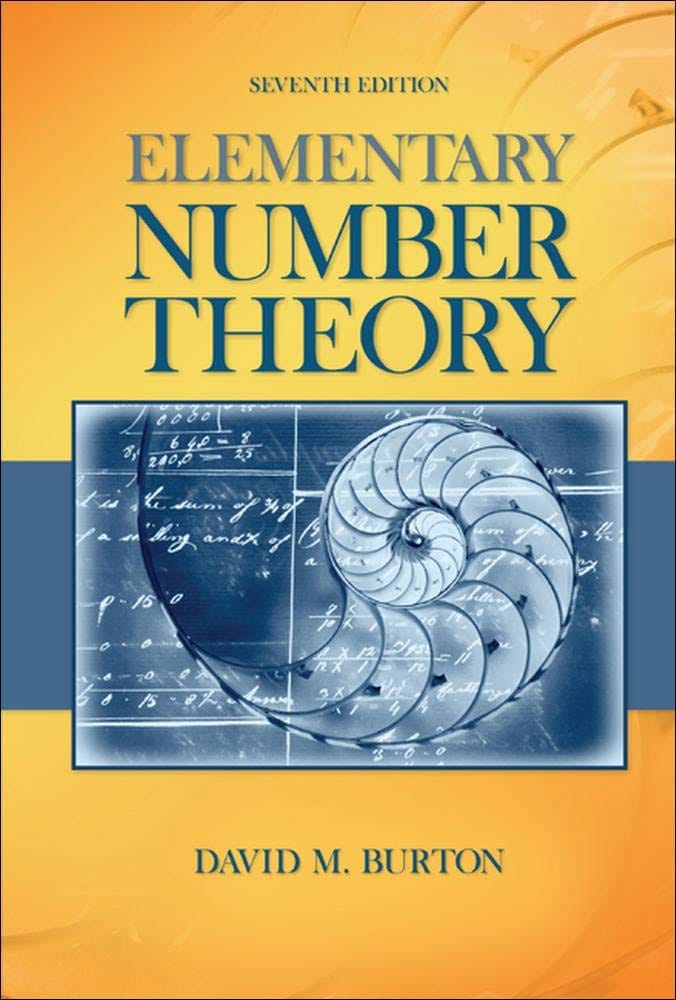
Elementary Number Theory Problems 3.3 Solution (David M. Burton's 7th Edition) - Q26
My Solution for "Verify the following: (a) There exist infinitely many primes ending in $33$, such as $233$, $433$, $733$, $1033, ....$ [Hint: Apply Dirichlet's theorem.] (b) There exist infinitely many primes that do not belong to any pair of twin primes.... "
Background
All theorems, corollaries, and definitions listed in the book's order:

I will only use theorems or facts that are proved before this question. So you will not see that I quote theorems or facts from the later chapters.
Question
Verify the following:
(a) There exist infinitely many primes ending in $33$, such as $233$, $433$, $733$, $1033, ....$
[Hint: Apply Dirichlet's theorem.]
(b) There exist infinitely many primes that do not belong to any pair of twin primes.
[Hint: Consider the arithmetic progression $21k + 5$ for $k= 1, 2, ....$ ]
(c) There exists a prime ending in as many consecutive $1$'s as desired.
[Hint: To obtain a prime ending in $n$ consecutive $1$'s, consider the arithmetic progression $10^{n}k +R_{n}$ for $k= 1, 2, ....$ ]
(d) There exist infinitely many primes that contain but do not end in the block of digits $123456789$.
[Hint: Consider the arithmetic progression $10^{n}k + 1234567891$ for $k= 1, 2, ....$]
Solution
(a)
Consider the arithmetic progression $a + kb$ where $a = 33$ and $b = 100$ for $k = 0, 1, 2, 3, ....$ We know $33$ and $100$ are relatively prime. From the Theorem 3.7 Dirichlet Theorem, the arithmetic progression contains infinitely many primes.
(b)
Consider the arithmetic progression $21k + 5$ for $k= 1, 2, ....$. As $21$ and $5$ are relatively primes, from Theorem 3.7 Dirichlet Theorem, there are infinitely many primes in this arithmetic progression.
If $p = 21k + 5$, then $p - 2 = 21k + 3$ and $p + 2 = 21k + 7$. $21k + 3$ is divisible by $3$ and $21k + 7$ is divisible by $7$. The only primes in that form are $3$ and $7$, but the smallest term in the progression is $21 + 5 = 26$, so it is impossible. Therefore, there exist infinitely many primes that do not belong to any pair of twin primes.
The rest is for Premium Members only
SubscribeAlready have an account? Log in

